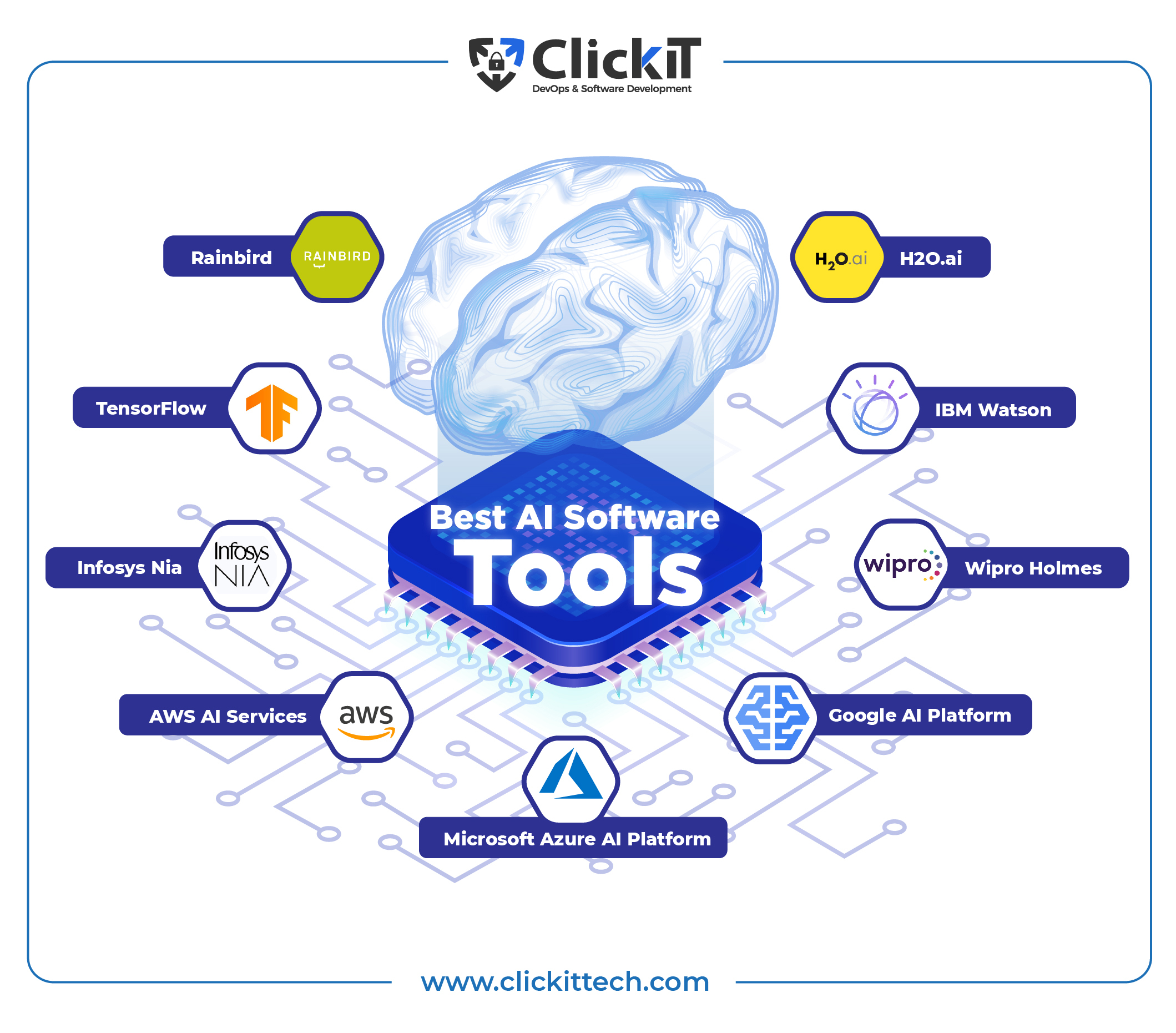In recent years, artificial intelligence (AI) has transitioned from a futuristic concept to an integral part of various industries. AI tools are now enhancing productivity, creativity, and decision-making across diverse sectors, from healthcare to marketing. This article delves into the different types of AI tools, their applications, benefits, and the potential challenges they present.
Types of AI Tools
1. Natural Language Processing (NLP) Tools
NLP tools enable machines to understand, interpret, and generate human language. Applications include chatbots, language translation services, and sentiment analysis platforms. Tools like OpenAI’s ChatGPT and Google’s BERT are at the forefront, allowing businesses to Ai Tools automate customer service and analyze customer feedback effectively.
2. Machine Learning (ML) Platforms
These tools allow developers to build predictive models using data. They can analyze trends, forecast outcomes, and make decisions based on data patterns. Popular platforms include TensorFlow, Scikit-learn, and Azure Machine Learning, which facilitate everything from personalized marketing strategies to risk assessment in finance.
3. Computer Vision Tools
Computer vision technologies help machines interpret and process visual data. This is critical in fields like healthcare for medical imaging, in retail for inventory management through visual recognition, and in autonomous vehicles. Tools like OpenCV and Google Vision AI enable real-time image processing and analysis.
4. Automation and Robotic Process Automation (RPA) Tools
AI-powered automation tools streamline repetitive tasks. RPA solutions, like UiPath and Automation Anywhere, are transforming business processes by automating workflows, reducing errors, and freeing up human resources for more complex tasks.
5. Creative AI Tools
These tools assist in generating art, music, and content. For instance, DALL-E generates images from textual descriptions, while tools like Jukedeck create music tracks. Such applications are redefining creativity and offering new avenues for artists and marketers alike.
Applications Across Industries
Healthcare
AI tools are revolutionizing healthcare by enabling predictive analytics, improving diagnostics, and personalizing treatment plans. Machine learning algorithms analyze patient data to predict disease outbreaks and suggest preventive measures, enhancing patient care.
Marketing
In marketing, AI tools analyze consumer behavior, segment audiences, and optimize campaigns. By automating tasks like email marketing and social media posting, businesses can focus on strategy and creativity. Tools like HubSpot and Marketo harness AI to personalize customer interactions.
Finance
In finance, AI enhances fraud detection, credit scoring, and risk management. Algorithms can analyze transaction patterns in real-time, allowing institutions to flag unusual activities promptly. Tools like ZestFinance and Kabbage are paving the way for smarter financial services.
Education
AI tools in education personalize learning experiences. Platforms like Coursera and Duolingo use AI to adapt course materials to individual learning speeds and styles, making education more accessible and effective.
Benefits of AI Tools
- Increased Efficiency: By automating routine tasks, AI tools save time and resources, allowing employees to focus on strategic initiatives.
- Enhanced Decision-Making: AI tools provide data-driven insights that help organizations make informed decisions quickly.
- Cost Savings: Automating processes reduces operational costs and minimizes errors, leading to better financial outcomes.
- Scalability: AI solutions can scale operations without a corresponding increase in manpower, accommodating growth seamlessly.
Challenges and Considerations
Despite their advantages, AI tools also present challenges:
- Data Privacy: The use of large datasets raises concerns about user privacy and data security, necessitating robust ethical guidelines.
- Job Displacement: Automation may lead to job loss in certain sectors, requiring workforce reskilling and transition plans.
- Bias and Fairness: AI systems can inadvertently perpetuate biases present in their training data, leading to unfair outcomes.
- Dependence on Technology: Over-reliance on AI tools may undermine critical thinking and problem-solving skills among professionals.
Conclusion
AI tools are undeniably transforming how we work, create, and live. By enhancing efficiency, fostering innovation, and driving better decision-making, these technologies are reshaping industries and unlocking new possibilities. However, as we embrace AI, it is crucial to address the accompanying challenges to ensure that its integration benefits society as a whole. As the landscape of AI continues to evolve, staying informed and adaptable will be key to harnessing its full potential.



